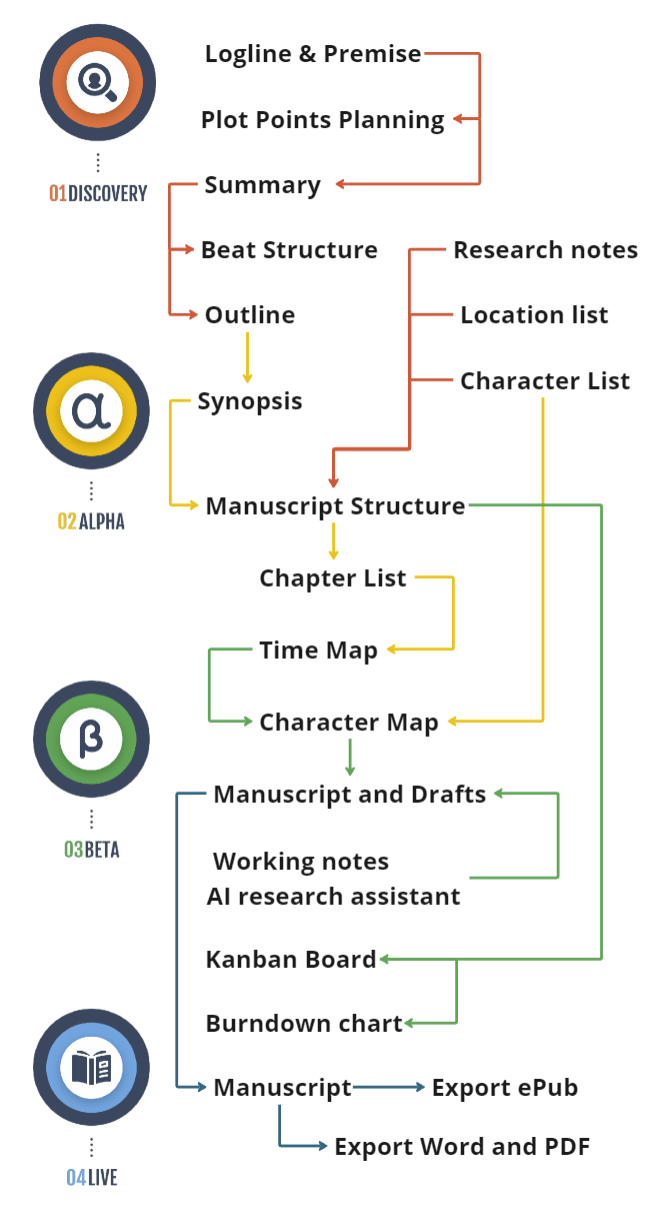Have you ever read a brilliant piece of dialogue in someone else’s novel and thought, I wish I’d come up with that gem! Or maybe in the midst of your own drafting, a side character unexpectedly delivers a line so captivating that you pause, blinking at the page as if they spoke on their own accord. In Brandon Sanderson’s worlds, side characters sometimes leap off the margins of the map and claim entire subplots. That magical moment—when words exceed your plan—is a signal that your story (and your characters) might hold greater depths than you anticipated.
We’ve all been there: you’re reading or writing, and a perfect phrase materializes—sharp, resonant, and entirely unforgettable. Sometimes it’s envy (“I wish I’d said that!”), and sometimes it’s surprise at your own imagination. This phenomenon speaks to the power of language and the autonomy that characters can develop. Once you realize a single line can shift an entire narrative, you start to see your story as something alive, with characters who have their own motivations, secrets, and hidden brilliance.Anyone who’s ever felt envious of a witty line or an evocative description—whether from a revered author, a casual friend, or even a passing stranger—can harness that spark. Novelists who want to deepen their dialogue, short-story writers craving memorable one-liners, and bloggers seeking quotes that linger in readers’ minds all benefit from recognizing the power in a single well-crafted sentence.
- Embrace Character Autonomy: Treat characters as more than plot devices. Give them room to develop personal quirks, speech patterns, or life philosophies. When they finally speak that unforgettable line, it’ll ring true.
- Eavesdrop and Borrow: Listen to how people speak in real life—catch unique turns of phrase or comedic timing. File these gems away in a mental (or physical) notebook. If you see a line somewhere that moves you, ask why. Analyze the phrasing and adapt the technique into your own style.
- Practice Word Alchemy: Just as a fantasy smith might experiment with magical alloys, keep refining your words. Draft multiple variants of key lines. Tweak the rhythm, swap synonyms, and see which version sparks the strongest emotional response.
- Invite Feedback: Share potential lines with critique partners or writing groups. Sometimes a phrase that feels mundane to you might dazzle them—or vice versa. Outside insight can reveal hidden brilliance or highlight needed improvements.
- Revisit and Revise: Don’t be too quick to declare a line “perfect.” Revisit it after some time away, ensuring it still carries the weight you intended.
A single potent sentence can anchor an entire scene—or even define a character’s essence. By paying attention to those “wish I’d said that” moments, you allow your creativity to expand beyond your initial ideas. Characters begin to behave like living beings, surprising you with revelations and forging unexpected pathways. This transformative energy often leads to stories that feel more authentic and immersive, pulling readers deep into your fictional realm.
Next time you stumble upon a line—whether in your own writing or someone else’s—that makes you think, I wish I’d said that, pause and analyze it. Discover what makes it shine, then experiment with weaving that magic into your own characters. Who knows which unexpected phrase will revolutionize your next scene?




